01 Can Indian cities achieve herd immunity before a vaccine is deployed?
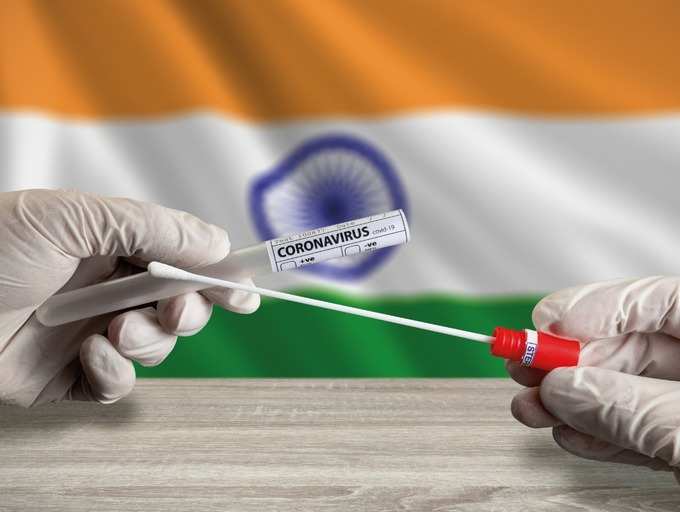
The latest sero surveillance reports from Delhi showed that nearly a quarter of Delhi’s population may already have battled the deadly COVID-19 infection in one way or the other. The study showed that the level of antibodies in those tested was higher than average. A similar test was carried out in Mumbai as well. As of today (July 27), there are over 14,00,000 lakh cases in India but a decline in infection cases has been witnessed in cities like Delhi and Mumbai, which were once the worst-affected cities in India.
02 Has Delhi surpassed the peak of coronavirus infections?
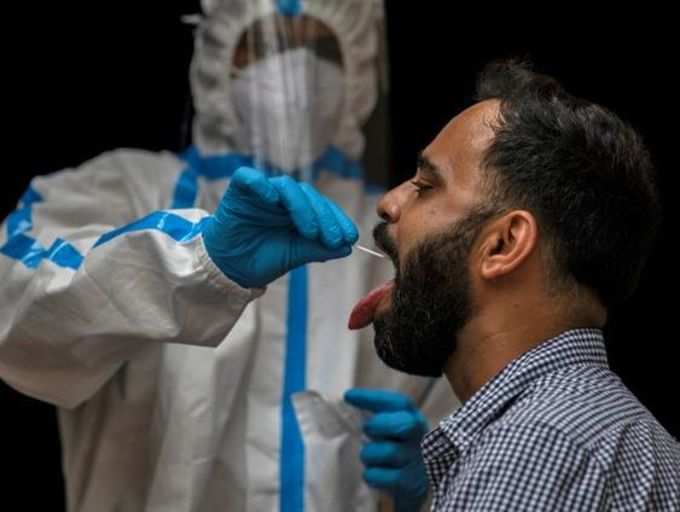
Going by the findings, officials suggested that some places may have surpassed the peak of the infection and may now be witnessing a downward trend in infections. Epidiomoligists also made a case for possible herd immunity, considering that a big percentage of Delhi’s population was found to have antibodies.
03 Is herd immunity possible to achieve in COVID-19?
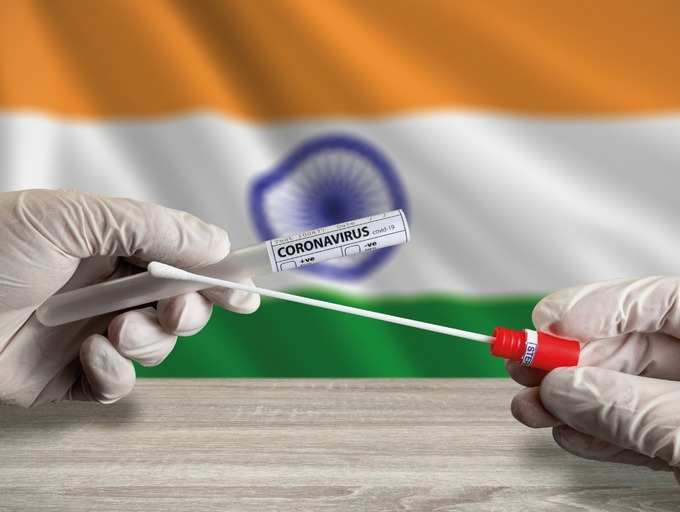
The concept of herd immunity, until now was only thought to be possible if an effective vaccine was to be deployed for the masses. However, with a long way to go before a vaccine is made available for public inoculation (and India’s vaccine still in initial phases of testing), a leading Indian scientist has now echoed what a lot of people believe- Indian cities may achieve herd immunity before a vaccine is used.
04 Have we reached herd immunity?
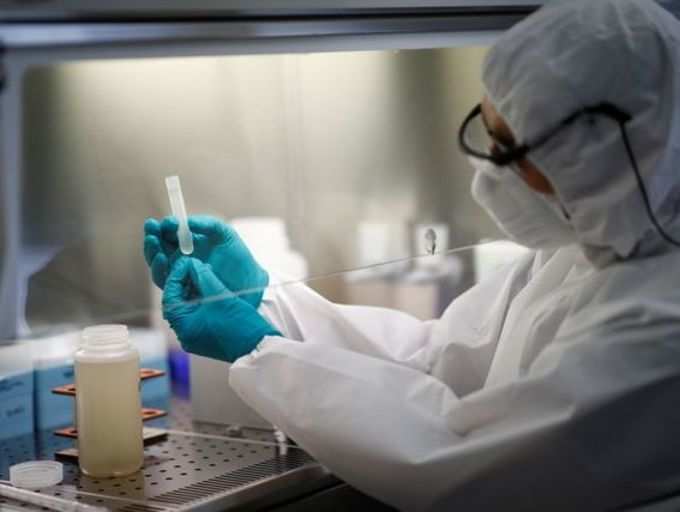
The claims of achieving herd immunity was done after a serosurvey was conducted in Delhi. The findings were praised by Delhi Chief Minister, Arvind Kejriwal as well.
A study was done by India’s National Centre for Disease Control (NCDC) to test the level of antibodies in a sample population across the city where it was observed that 23.4% of those surveyed were detected with a high level of infection-fighting antibodies.
A district is said to reach the herd immunity stage when a large sect of the population achieves immunity against the infection naturally or through infection. The status of COVID-19 spread in a city like Delhi sparked a big debate amongst experts regarding the same.
05 Key factors for achieving herd immunity
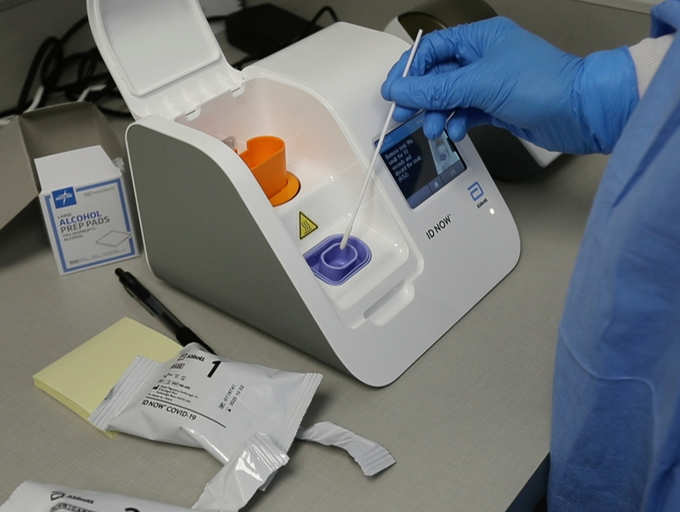
While many, such as NITI Aayog warned of vulnerability, a leading immunologist, Dr Dipyaman Ganguly, Principal Scientist at CSIR- Indian Institute of Chemical Biology, Kolkata believes that the current trend may be one of the factors favourable to signs of herd immunity.
In an interview with New Indian Express, Dr Ganguly said that the sero surveillance data pointed to a lot of factors which can tell us how India is fighting COVID-19:
“Herd immunity has been a phrase people were scared of uttering in this pandemic. This data(23.4%) means different things to different interest groups. To me, the most striking revelation is the sheer speed the infection is spreading with. In my understanding the race between vaccination and herd immunity will be won by the latter…infected persons do mount a robust immune response against the virus, rather at times it’s too aggravated a response which is driving the disease to untoward ends.”
Based on the statement, there are three broad parameters which can ascertain whether or not a city like Delhi could be on its course to achieve herd immunity.
06 How good are the tested population’s antibodies?
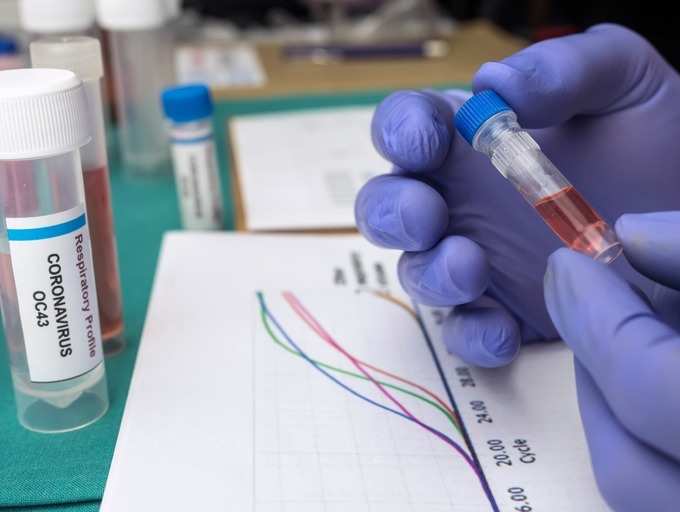
For Delhi’s serosurvey, blood samples of 21,387 people were taken randomly and were tested for antibodies in the last week of June. It was observed that the people tested in the survey possessed high levels of antibodies.
While antibodies act as the body’s first line of defence against a certain infection, we do not have conclusive proof as to how long do they last in a COVID diagnosed patient. If the antibodies do last for long, it can be ascertained that people could gain immunity for long. However, a study by King’s College, London found that antibody levels in COVID positive patients may start to wane after 3 months and not provide much protection for the long run. A lot more conclusive evidence and more sero surveys could help ascertain this. The government has also planned monthly sero surveys going forward to keep a tab on the presence of infection.
07 Do we have better immunity against COVID-19?
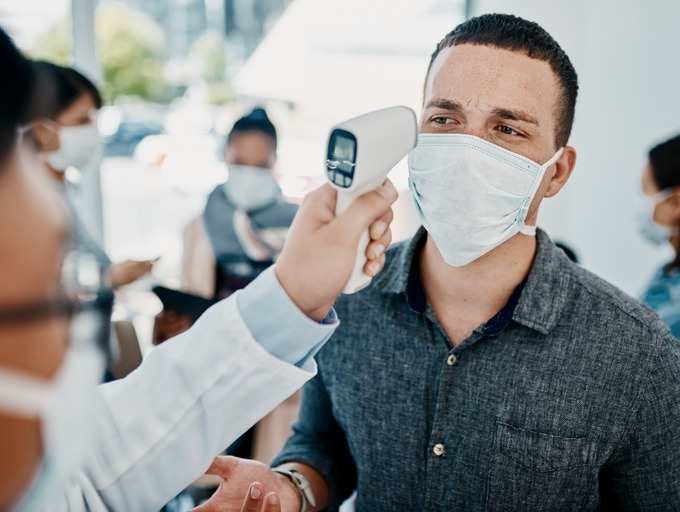
Of late, there has been a repeated emphasis on immunity being a prime factor in slow spread in the infection rate in COVID-19. Delhi’s Sero survey saw that the individuals who were tested showed a spike in the level of antibodies as well as the production of T-cells, which are the body’s immune generating cells. Dr Ganguly, adding that T-cells play a major role in preventing reinfection, said that it might be possible that even if the level of antibodies goes down, the presence of T-cells could help the body garner protection against the disease.
08 Are there chances of reinfection?
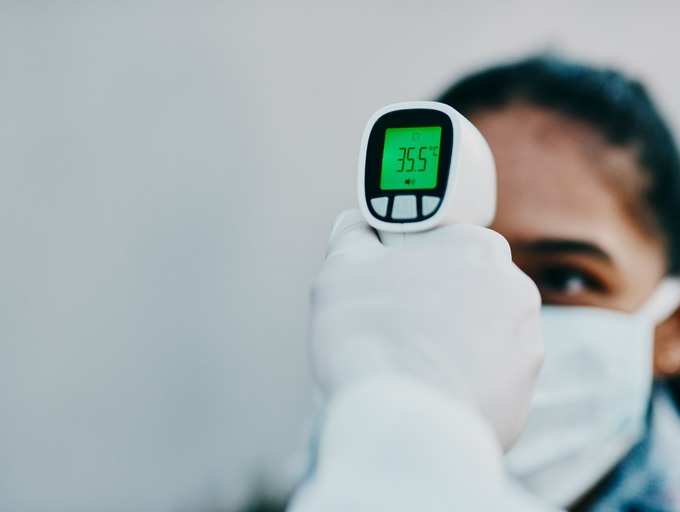
Till now, there’s only little evidence to suggest that COVID-19 could strike a person more than once. Even with reports of antibodies fetching short-lived immunity against the viral infection, there’s no real data to suggest that chances of reinfection are prominent in the past seven months. Scientists believe that it can be possible that the array of tests being done right now (such as serosurveys) may not be detecting the more powerful antibodies or T-cells which can prevent reinfections.



